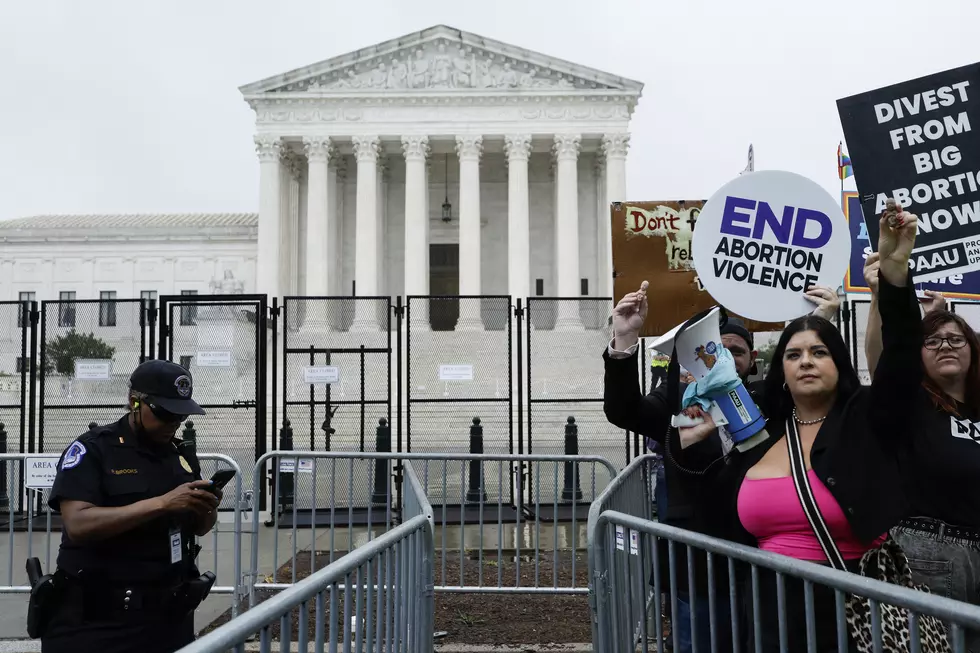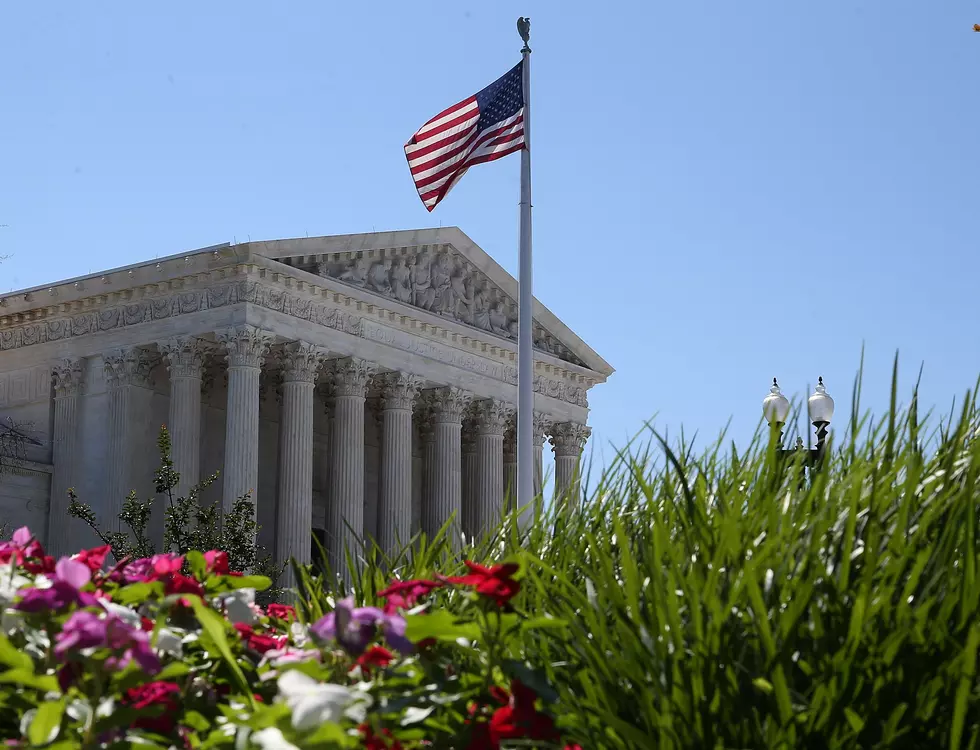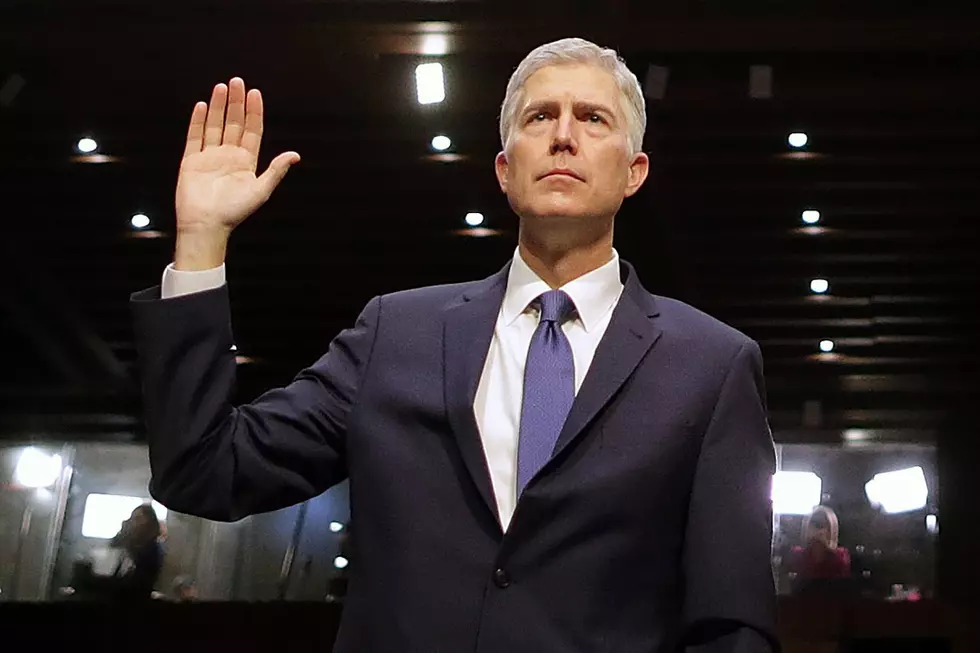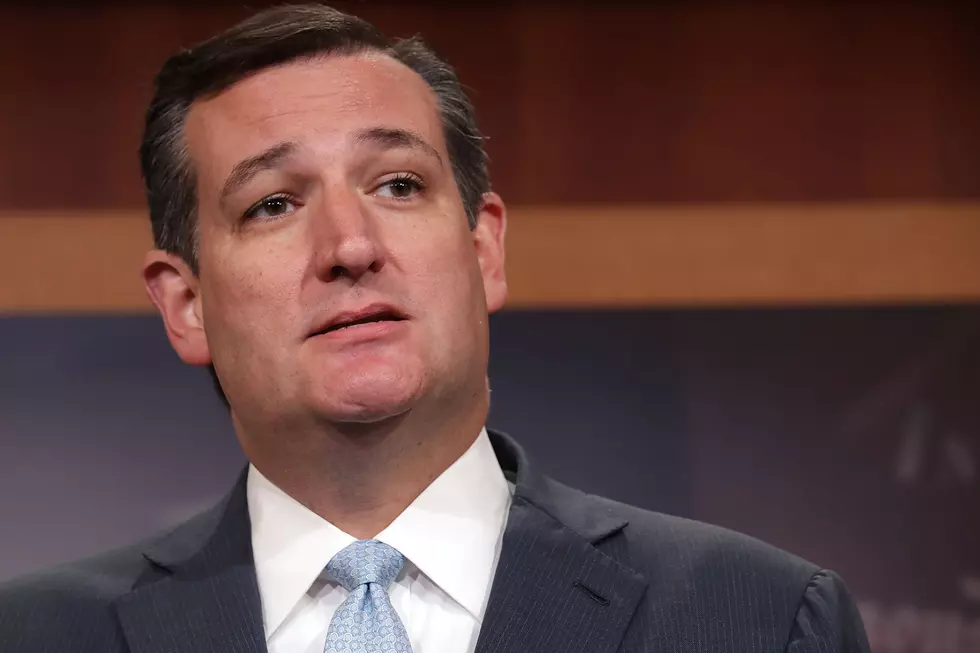
“Innocent Until Proven Guilty” Under Attack
The Supreme Court has announced yet another ruling that threatens the guarantee of “innocent until proven guilty” the American justice system is supposed to provide.
A unanimous ruling was handed down against Calvin Smith, who had been convicted for his role in a drug organization. Smith claimed that he had been wrongly convicted due to the fact that he was in prison, and therefore unable to participate in the conspiracy. According to his claim, due to his prison sentence the statue of limitations had passed on his involvement.
Justice Antonin Scalia said, “[the] burden of establishing withdrawal before that cut-off rests upon the defendant.”
This ruling sets a dangerous precedent by laying the burden of proof on the accused in a very ‘guilty until proven innocent’ manner.
Innocent until proven guilty is a huge safety net within the judicial system by making sure that the prosecution must prove wrongdoing before a person is found guilty rather than a person proving that they were not doing wrong.
The train of thought this ruling endorses is the same that would say that if you are accused by the police of speeding, it would be your burden to prove that you were not, even if there was no evidence that you were.
We already see this mindset causing problems in workplaces where simply the accusation of sexual harassment can end careers even without any evidence that it occurred beyond the complainant’s claim.
We need only look into history to find stark evidence that the ‘guilty until proven innocent’ mindset has been proven to be very dangerous: the Salem Witch Trials, the Spanish Inquisition, and who can forget McCarthy.
Once a conviction is handed down the damage is done, even if evidence is found later to exonerate that person. The negative consequences of the falsely convicted are the reason that we are meant to place the burden on prosecution.
Some might claim that a drug dealer deserves such scrutiny, but I say that is a dangerously slippery slope.
When we are okay with the rights of drug dealers being removed because we don’t like them what is to stop the judiciary from removing your protections because they don’t like you owning a gun? Should the burden be placed on you to prove that your gun was stolen, not given to the criminal; or should you be protected by the burden being on the prosecution to prove that you were supplying the criminal and assume you are innocent until proven guilty?
We need to always be vigilant to protect everyone’s rights, because ours might just be next on the chopping block.
More From News/Talk 95.1 & 790 KFYO


![Cornyn Confident That Amy Coney Barrett Will Be Quickly Confirmed [INTERVIEW]](http://townsquare.media/site/192/files/2020/09/Amy-Coney-Barrett-GettyImages-1228805134.jpg?w=980&q=75)




![John Cornyn Will Not Consider Obama’s Supreme Court Nominee [INTERVIEW]](http://townsquare.media/site/192/files/2016/03/John-Cornyn-GettyImages.jpg?w=980&q=75)

